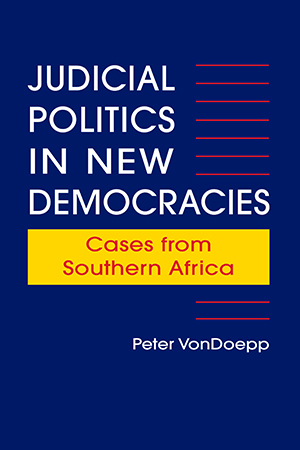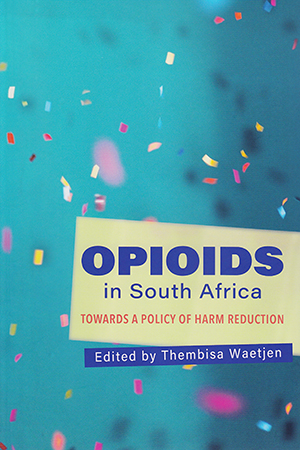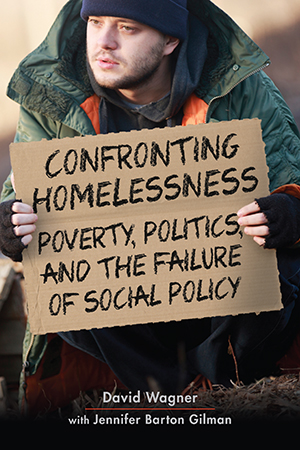BOOKS
A brief, readable field guide, Anticorruption in the Health Sector brings practical experience to bear on anticorruption approaches tailored specifically to health. The contributors, all More >
Choice Outstanding Academic Book! What does it take for local entrepreneurs to effectively compete in South Africa? What factors affect entry and participation in sectors where More >
Shortly after the Sandinista victory of July 1979, the Atlantic Coast of Nicaragua gained enormous international notoriety because of violent conflicts between the new government and the More >
In the aftermath of Ruby Ridge and Waco, the Bureau of Alcohol, Tobacco and Firearms (ATF) has become one of the most controversial of government agencies. Yet, despite the headlines More >
Although it has been more than a decade since the Cold War global structure collapsed, neither scholars nor policymakers have clearly identified its replacement. What is the new world order, More >
Frank N. von Hippel shares his remarkable journey as a key figure in the history of nuclear weapons and nuclear energy, illuminating the far-reaching consequences of nuclear accidents and More >
Ludwig Ritter von Höhnel lived a fascinating life—he was an Austrian subject who achieved distinction as an African explorer, a naval officer, and a courtier. The turbulent years More >
That judicial institutions are important for emerging democracies leaves little room for debate. But to what extent do judiciaries in these new democracies maintain their autonomy? And what More >
From over-the-counter cough syrups and prescribed painkillers to heroin and fentanyl bought on the street, the misuse of opioids has ignited widespread debates about drug policy reform. In More >
Choice Outstanding Academic Book! Whose fault is homelessness? Thirty years ago the problem exploded as a national crisis, drawing the attention of activists, the media, and policymakers More >



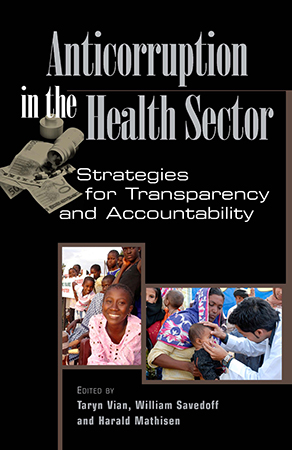
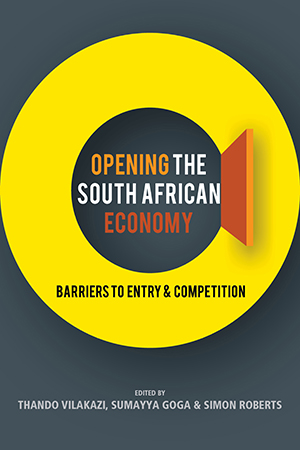
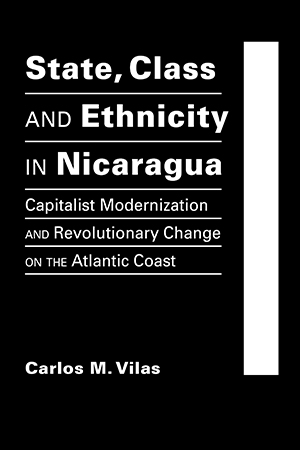
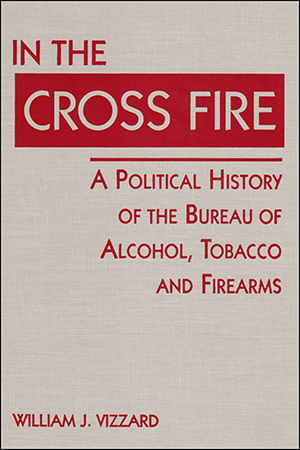
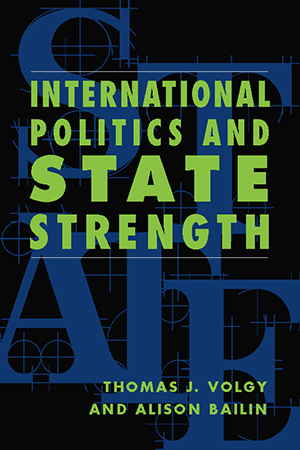

![Over Land and Sea: Memoir of an Austrian Rear Admiral's Life in Europe and Africa, 1857-1909 [a memoir]](/uploads/52659884b5a29.jpg)
